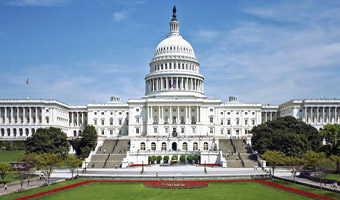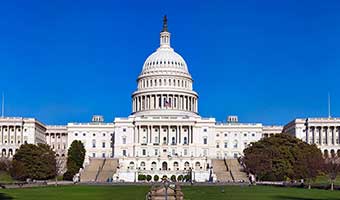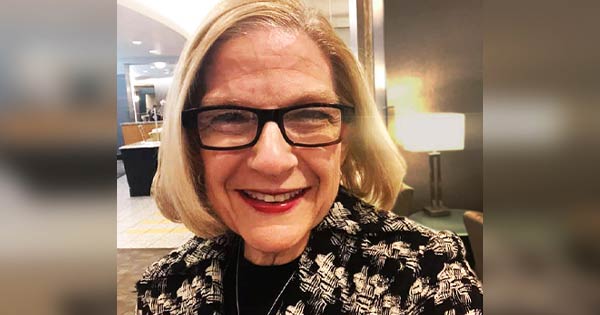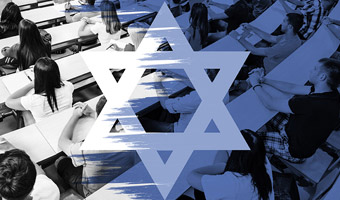Zionism is not a four-letter word.
Once upon a time, there was little or no controversy in the American Jewish community about Zionism. The generations who were born before 1967, were, in the main, staunch supporters of Israel. Their children, and the succeeding generations they produced, did not accept the rubric of Zionism as one with which they could readily identify. Today Zionism is often conflated with politics, policies, and ideologies having nothing to do with its meaning and intent. Zionism has never been the exclusive property of any political party, faction, or group. Historically, there have been countless modifiers attached to it: Political Zionism, Religious Zionism, Socialist Zionism, Territorial Zionism, Feminist Zionism, and Practical Zionism, just to name a few.
In its simplest form:
Zionism is the national revival movement of the Jews. It holds that the Jews are a people and therefore have the right to self-determination in their own national home. It aims to secure and support a legally recognized national home for the Jews in their historical homeland, and to initiate and stimulate a revival of Jewish national life, culture and language. (zionismontheweb.org/Zionism_definition.htm)
Other dictionaries basically concur:
An international movement originally for the establishment of a Jewish national or religious community in Palestine and later for the support of modern Israel. (Merriam Webster)
Originally a movement for the re-establishment and, now, the development and protection of a Jewish nation in what is now Israel. It was established as a political organization in 1897 under Theodor Herzl, and was later led by Chaim Weizmann (Oxford Dictionaries)
A Zionist believes in the right of the State of Israel to exist. Just as the United States is a politically diverse democracy, so is modern Israel. Americans can love their country, but oppose any given policy of their government. The same is true for Israelis. A Zionist who believes in the right of Israel to exist does not necessarily have to agree with its government’s policies either. Writing about the Gaza War in 2009, American born Israeli Haim Watzman eloquently illustrated this point in Bad War, Good Soldier. (Forward, February 6, 2009). Despite his distaste for the war, Watzman advocates love and respect for the soldier whose goal is to protect his country and his comrades in arms, all politics aside.
Just as we have become more aware of political, religious, and ethnic divides in the United States in recent years, we have seen the same in Israel. American Jews who are concerned with issues of human rights, feminism, religious freedom, freedom of choice, LGBTQ issues, and the like have taken critical positions vis a vis Israel over the treatment of Palestinians, Haredi elimination of women’s images from media, the backing away from the agreement to have expanded egalitarian prayer space at the Kotel, the continued creation of settlements across the green line, and the relationship between Israel and various Evangelical groups whose positions are clearly anti-choice and anti LGBTQ. Many Israelis also object to their government’s policies on these and other issues. But this does not negate a fundamental belief in the right of Israel to exist.
Ask yourself, would Americans, who have domestic issues aplenty to address here at home, spend so much time criticizing Israel, if they did not care deeply about it? Makom, an educational arm of the Jewish Agency that addresses Israeli engagement in the Diaspora, argues that engagement with Israel is like a family relationship in which we both hug and struggle with the ones we love. (http://makomisrael.org)
From its earliest days, modern Zionism has had a democratic, ethical underpinning. Careful reading of Israel’s Declaration of Independence reveals a template for a peaceful, inclusive democratic society, not unlike our own founding documents. Similar ideas appear in the Jerusalem Program, the core document of World Zionism. These texts follow this essay. Israel, like any other modern nation state, is a work in progress. So is Zionism. We have the theories down right, but we will always strive to perfect the praxis.
As you educate yourself about Zionism, you will find yourself better able to evaluate the extreme language that appears in the media on both sides of the issues that confront American Jews about Israel. Disputation is a treasured Jewish means of seeking understanding…. respectfully. Find your place in the Zionist debate and engage! Your Hadassah unit is a wonderful place to share these ideas and to keep on learning!
Check out materials Hadassah has created to facilitate the conversation.
1. Take advantage of Hadassah’s Defining Zionism program! Hadassah invites thoughtful, engaging speakers to talk about Zionism from his/her personal perspective. Sessions are divided short videos, enabling you to watch at your convenience, one after the other or spread out over hours or days. Speakers—scholars, activists and community leaders—will have you thinking in new ways about Israel, Zionism, and how they relate to you. The program is free of charge and open to all.
2. Hadassah has partnered with the Shalom Hartman Institute to educate 20 Hadassah leaders across the country on one of the most divisive issues affecting the Jewish people today: the Israeli- Palestinian conflict. The 20 students now teach the course to Hadassah members, to learn more about a class in your area email: programming@hadassah.org .
3. Sign up for our monthly Zionist Highlights, which are monthly emails reviewing all Zionist news that occurred that month.
The above article is one article from the upcoming Women Who Learn March/April 2018 issue. To receive a copy of the latest issue of Women Who Learn email programming@hadassah.org .
Written by
Karen Feit
Zionist Education Team Leader









